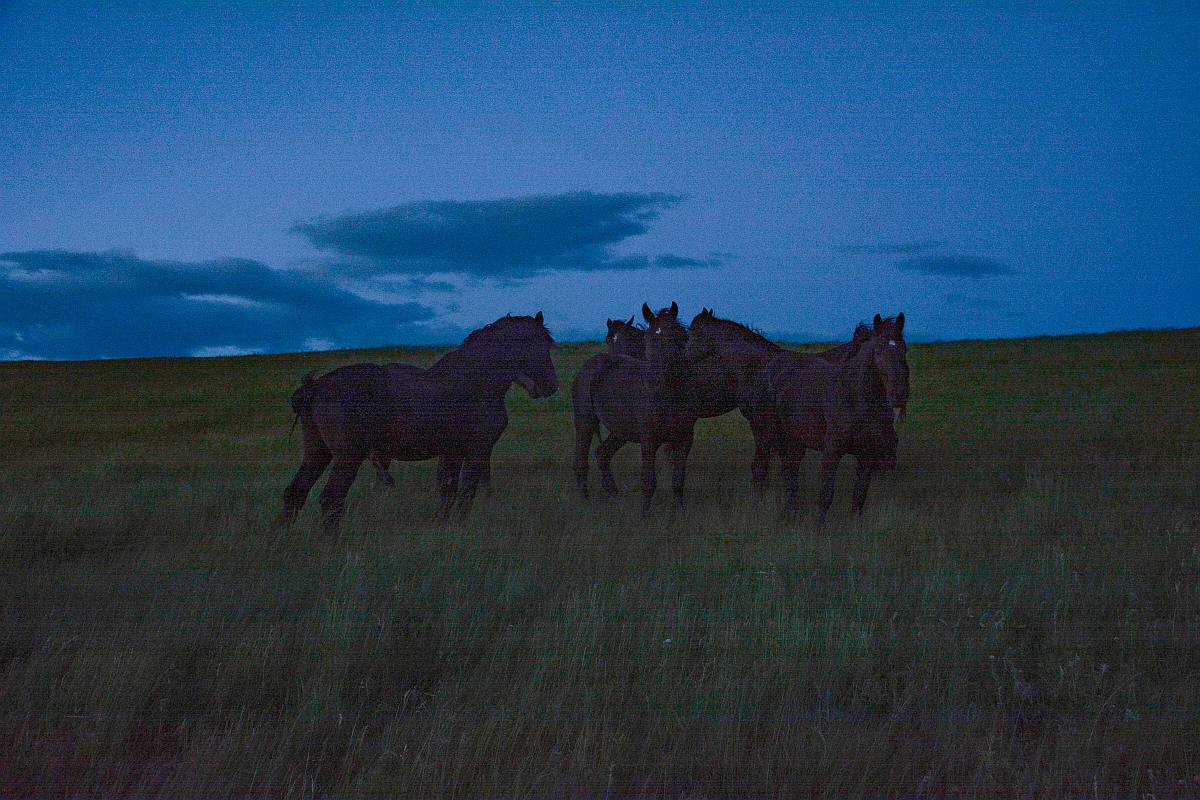Every horse owner strives to keep his horse in the best possible way.
But what is the ideal horse keeping or what is ideal for my horse?
Place for movement is important in horsekeeping
.
That is already once sure and it`s not to be shaken.
But then it becomes more difficult, on which ground quality?
Dry, so that it does not mud anywhere and the hooves and the horse’s legs remain healthy? But is it really that simple?
If the ground is too dry, the horn quality suffers and the hoofs become contracted and narrow and hoof walls tend to splinter. Of course, this type of soil is easier to keep clean and more hygienic.
In addition, dry grounds are often stony and not particularly pleasant for our horses.
Muddy and soft floors also have their justification. They promote the motor skills of our horses, are easier on the joints and provide the hooves with moisture and minerals from the soil. After all, mineral and clay soil is also highly praised in cosmetics.
So what is really the problem in keeping horses?
The real problem is that, whether for lack of space or for practical reasons, we can’t keep our horses as diverse as they really need to be.
Diverse footing improves proprioception, trains the musculature and nervous system, and protects against injury.
Too many horses in a soft paddock cause damage to the ground and increases the risk of slippage, which increases the risk of injury to the horses.
So let’s keep thinking.
Lots of exercise means lots of space. No horse will really move in a small portion pasture. Such pastures are really only for food. Too bad really, because pastures are so much more.
Playground and romping place, balm for the soul, social Stell-Dich-Ein, plant pharmacy and Naschplatz in one.
Nibbling is not the same as stuffing
.
But then how do I do justice to horses that, due to their low energy needs, just can’t eat their fill all day on a green pasture?
Just only about the vegetation on the pasture. Horses originate from the steppes and anyone who has ever seen steppes knows that steppes are rarely green.
On steppes grow hard, drought-resistant grasses and herbs, which just don’t taste that great. They have to be chewed for a long time and contain little sugar, but a lot of secondary plant substances and raw fiber.
Perhaps we should realize that an optimal horse pasture is not lush green. But partly also full of thistles, docks and nettles. Full of flowers and bushes.
Perhaps pasture does not have to be unconditionally tasty.
And maybe horses don’t have to stand in the pasture with their heads down and grazing all day.
Economical or species-appropriate – is this compatible in horsekeeping?
Unfortunately, such a pasture managent is opposed to an economically profitable horse keeping, which wants to save feed via grazing in the summer. But if I really want to keep horses sensibly, then it becomes difficult with the economic efficiency, with work optimization and time saving.
However, this is not only the case in horse keeping.
Actually, it is the same in every profession and in every sector of life.
Profitability has become far too central to everything we do. It destroys habitats, jobs, our well-being and our society. It only promotes the wealth of a few, who, however, resist all the more vehemently against cuts in their habits of life.
Pasture at night increases stress
.

And then there is the question 24/7 paddock, box or stable, day pasture or night pasture, etc.
Basically, we should take a look at the model horse, its “equipment” and its behaviors.
The horse is a flight animal. It relies extremely on its wide-angle sense of sight and its ability to recognize even small movements early. What a horse does not have is good night vision. It does not have a distinct tapetum lucidum that could act as a residual light amplifier.
Therefore, keeping them in a pasture at night makes little sense. It not only increases the risk of injury.
Besides, the wolf and some predatory cats have always been the biggest predators of our horses. And these animals hunt mostly at night. It’s in our horses’ genes, so to speak, to be stressed out in the pasture at night and in a heightened state of flight readiness. Especially horses over 15 years, our seniors, so to speek.
Therefore, keeping horses outside at night means increased stress, it decreases their physical and mental well-being, and more often leads to stress-associated diseases such as gastric ulcers, Cushing’s or EMS.
There is just an interesting study about this, which can also be read in the magazine Pferde.de and horsetalk.
A cozy snug night’s sleep in a sheltered barn and a soft bed for the night helps our horses relieve stress and feel comfortable.
Who would have thought. How humane.